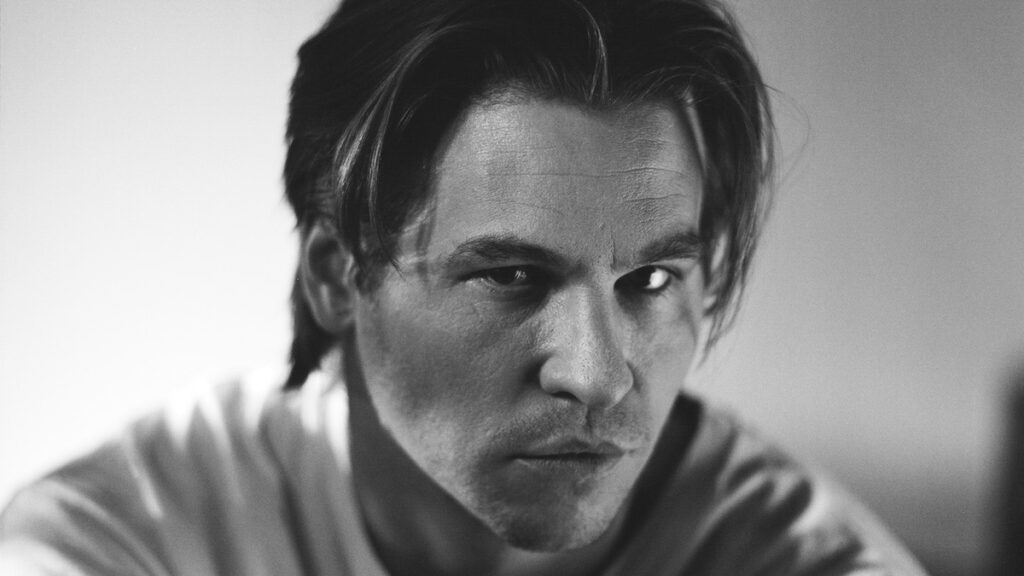Few actors have embodied a paradox as striking as Val Kilmer—a man whose on‐screen intensity and off‐screen eccentricity made him one of Hollywood’s most compelling figures. From his meteoric rise as Iceman in Top Gun to his transformative portrayal of Jim Morrison in The Doors, Kilmer’s career was a tapestry of daring roles and personal battles that resonated with fans and colleagues alike.
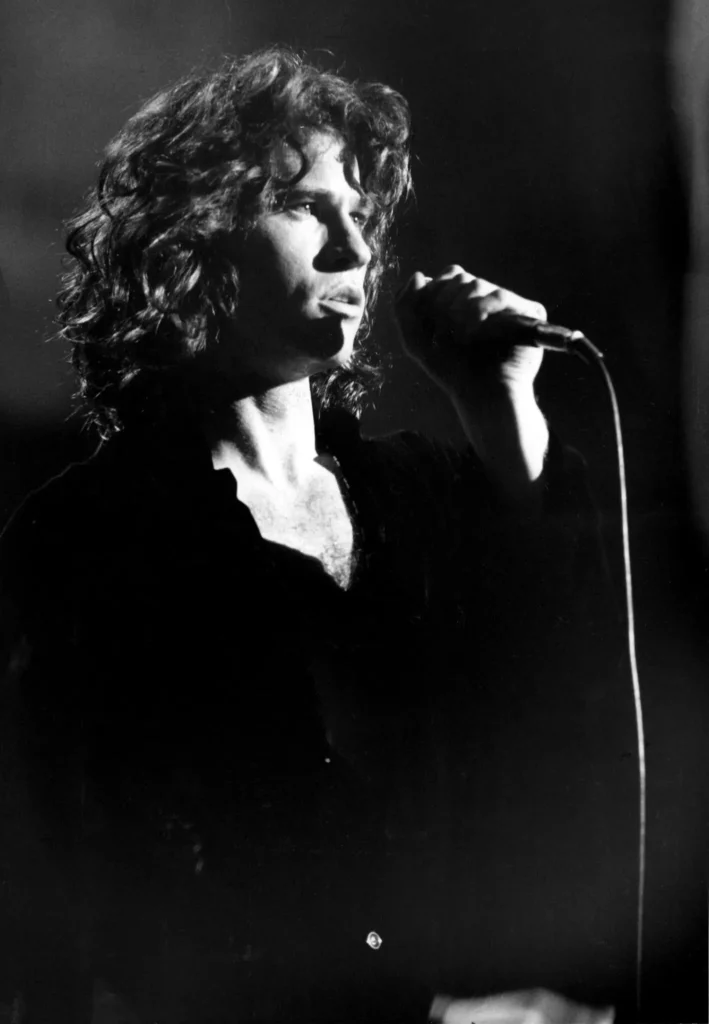
A Star Forged in Contrasts
Kilmer burst onto the scene in the mid‑1980s with roles that balanced tongue‑in‑cheek humor and dramatic gravitas. His early work in the campy spy spoof Top Secret! and the clever comedy Real Genius showcased a natural flair for comedic timing even as he set the stage for more intense roles. However, it was his portrayal of the cool, calculating naval aviator in Top Gun that cemented his status as a Hollywood icon—even though he later admitted he initially balked at the film’s warmongering premise, choosing instead to inject his character with an unspoken pain rooted in a troubled past .
The Doors, Batman, and Beyond
In The Doors (1991), Kilmer’s obsessive transformation into rock legend Jim Morrison was both lauded and polarizing. He immersed himself in the persona, adopting Morrison’s mannerisms and style, which led critics to praise the “pantherish charisma” he brought to the role . Yet his career was never defined solely by such dramatic turns. In Batman Forever (1995), despite the heavy costume and restrictive set, Kilmer’s brief stint as Bruce Wayne—a role that many deemed limited by its physical constraints—revealed an actor grappling with the dichotomy of iconic character and personal artistic ambition.
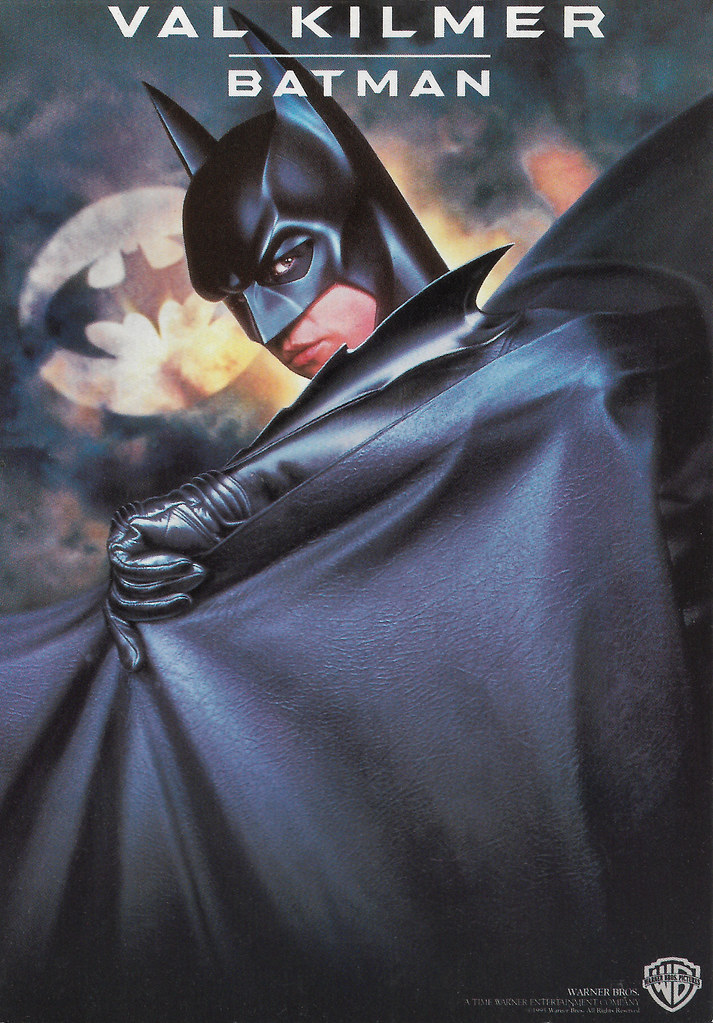
Battles Fought Both On and Off Screen
Behind the dazzling performances, Kilmer faced a long, grueling battle with throat cancer diagnosed in 2015. The treatments, which included chemotherapy and multiple tracheotomies, left him with a voice that was a shadow of its former self—a poignant irony for an actor renowned for his vocal presence
en.wikipedia.org. Yet even as his physical abilities waned, his creative spirit endured. His memoir, I’m Your Huckleberry, and the documentary Val (2021) provided raw, unfiltered insight into his struggle, reflecting a man who embraced vulnerability without sacrificing his uncompromising approach to art.
Friendships Forged in Rivalry
Perhaps one of the most enduring aspects of Kilmer’s legacy was his complex relationship with Tom Cruise. Despite an infamous on‑screen rivalry in Top Gun that Kilmer later admitted he played up for method acting—and which initially spilled over into off‑screen tension—the two eventually forged a bond rooted in mutual respect. In interviews, Kilmer consistently described Cruise as “a real friend,” and their emotional reunion in Top Gun: Maverick became a testament to the power of genuine connection in the cutthroat world of Hollywood
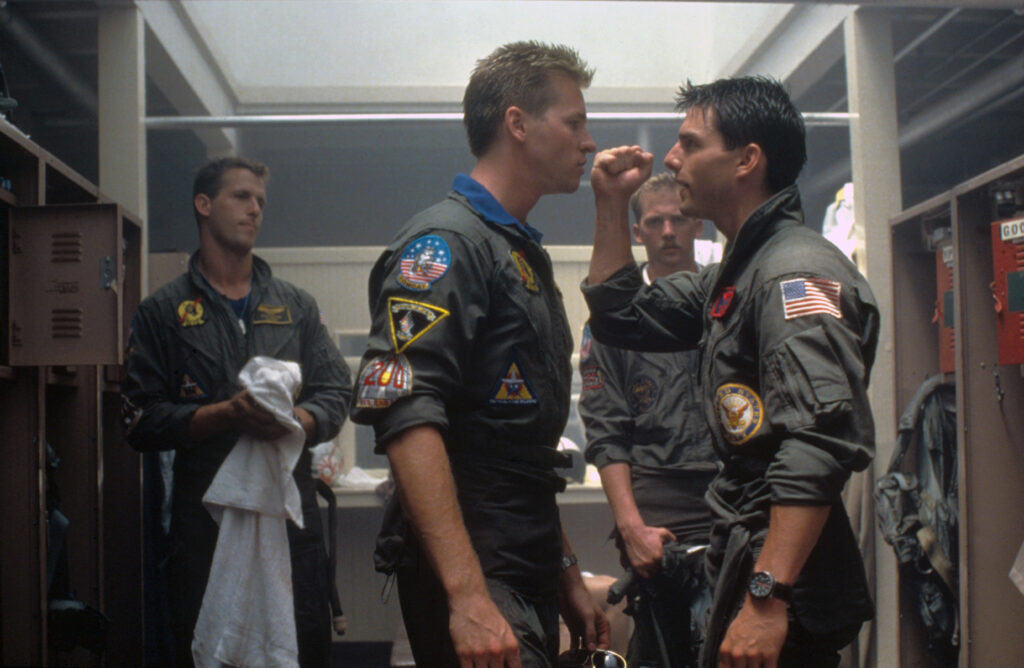
A Final Tribute and Unforgettable Impact
Val Kilmer’s final film appearance in Top Gun: Maverick was a moving coda to a career marked by both brilliance and imperfection. His subtle yet unforgettable presence on screen reminded audiences that even when diminished by illness, true artistry endures. Tributes poured in from directors like Michael Mann and industry giants such as Francis Ford Coppola, who recalled not only Kilmer’s formidable talent but also his ability to challenge those around him to push beyond conventional limits .
As the industry and fans bid farewell to a man who left an indelible mark on cinema, Kilmer’s legacy serves as a reminder that authenticity, however messy or difficult, often produces the most profound art. His journey—filled with defiant creativity, personal battles, and unexpected tenderness—will continue to inspire those who dare to live and create on their own terms.
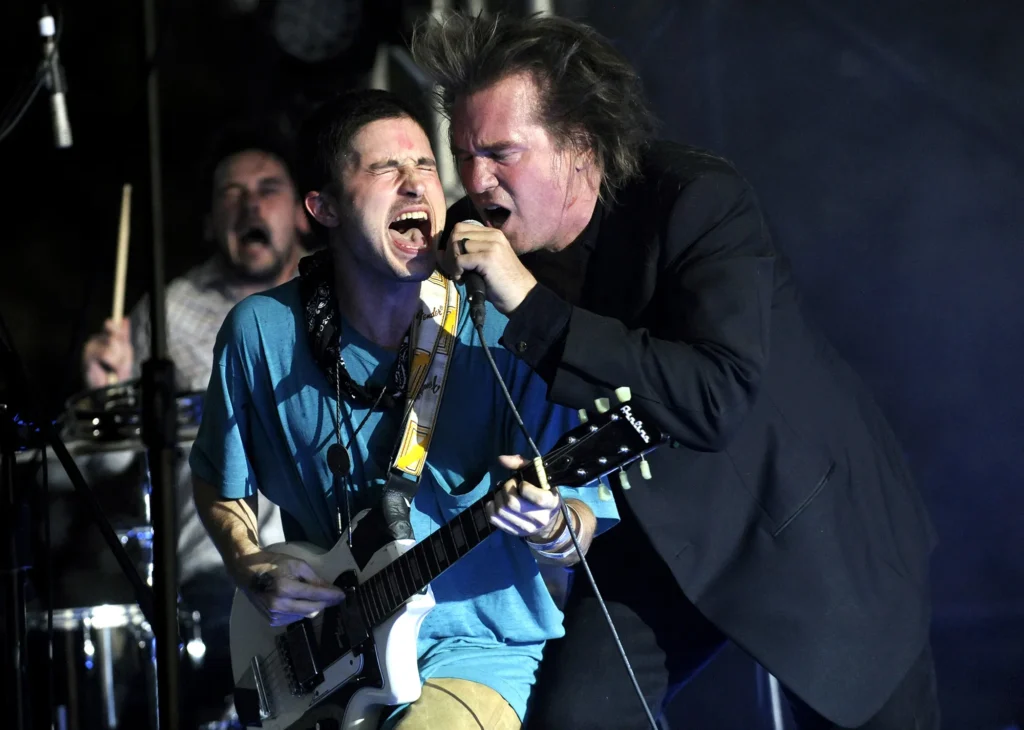
Sources:
(The New York Times)
(The Guardian)
(Yahoo Entertainment)

